Click to read the article in Turkish
In the report of the Freedom of House, which covers the year 2017 and was published in January 2018, Turkey has fallen from the category of "partly free countries" to "not-free countries."
Nate Schenkkan, the Director for Special Research at Freedom House, has spoken to bianet about the six-month period after the organization categorized Turkey as a "not-free country" and commented on the snap elections on June 24, the Presidential system which has recently come into force and the state of the freedom of expression in the country.
Schenkkan has said, "For a long time, the Turkish state has had a guilt-by-association approach to speech, and the mass imprisonment of journalists—which of course did not start with the coup attempt—is the result of that."
Freedom House to downgrade Turkey's status to "not free" in its 2018 report. What was the main concerns if I ask you again?
There were many concerns in the 2018 report, which covered the period January 1-December 31, 2017. The application of the state of emergency was very important, because of the mass closures of associations and media outlets, the purge of civil servants without adequate due process protections, the restrictions on freedom of assembly and association, and the arrest of tens of thousands of people and the abrogation of their rights to receive legal counsel and a fair trial. All of these had major effect on the experience of political rights and civil liberties in Turkey in this period.
We also covered within that period the imprisonment of human rights defenders, including Taner Kılıç and Osman Kavala, the mass imprisonment of media workers and journalists, and the prosecution of social media users for speech.
Additionally, the conduct of the constitutional referendum was a major issue—both the environment in which it was conducted, in which the "No" side was unable to campaign freely while the "Yes" side received consistent support from state institutions, and the last-minute changes to electoral procedures such as allowing unstamped ballots.
Overall, the events of 2017 were a continuation and intensification of trends that had been building for years in Turkey.
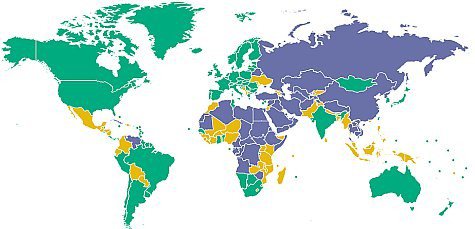
Freedom House 2017 map. Green: Free - Yellow: Partly Free - Purple: Not Free
"The first half of the year was largely a continuation of the previous years"
What is your view about this six month period after your last report?
The first half of the year was largely a continuation of the same trends and patterns from the previous period. The authorities cracked down heavily on social media users during the Afrin operation at the beginning of the year. A number of important journalists' trials concluded with convictions and imprisonment, although there have been some reversals in those cases on appeals recently. There were more purges of the civil service, and it has become clear that the special commission established to review appeals of firings is not providing due process.
There were a number of other concerns found during the election period, that I will discuss below.
"Turkey needs to stop prosecuting people for criticizing state or government figures"
There are still 127 journalist in prison according to bianet media monitoring report. What is your message to Turkey about this?
For a long time, the Turkish state has had a guilt-by-association approach to speech, and the mass imprisonment of journalists—which of course did not start with the coup attempt—is the result of that. Turkey's anti-terror statutes and the interpretation of its laws concerning subverting the constitutional order are overly broad and arbitrary. They allow people to be prosecuted for engaging in speech or in assembly without any incitement or use of violence, simply because of how the government designates certain groups. Turkey needs to stop prosecuting people for who they know or for criticizing the state or government figures.
"Turkish authorities see the state as needing protection from speech"
Four students, who were taken into custody due to a banner which they carried during the graduation ceremony at Middle East Technical University (METU) in the capital city of Ankara, were arrested on July 10. What would you like to say about freedom of speech in Turkey?
Unfortunately these incidents have become very typical. The authorities have a punitive, criminal prosecution-based approach to speech that they find offensive, and there is no margin given for speech concerning public figures, such as politicians, even though there are rulings about this at the European level that applies to Turkey. Rather than seeing speech as something that should be protected from state interference, Turkish authorities see the state as needing protection from speech.
"The entire election campaign was heavily tilted towards the ruling party and president"
And election process... You observed very closely to whole process as I see on Twitter. What are your observations about the process and results from the beginning?
The most obvious issues are those relating to the electoral environment. One of the main presidential candidates was imprisoned and unable to campaign; party members from the HDP particularly were frequently detained; there were significant obstacles to campaigning for all the opposition parties, and significant advantages given using state resources to the ruling party. There is also the effect of everything else I've been writing about. For a long time now, many people in Turkey have not felt free to express themselves or discuss difficult issues in public, for the very good reason that they can go to jail or lose their job for doing so. The entire playing field of the campaign was thus heavily tilted towards the ruling party and the president.
"The effects of the State of Emergency will live for a long time"
Former Prime Minister Binali Yıldırım said state of emergency will end on 18th of July. But Turkey lived under state of emergency for two years. What are your observations?
It is good that the state of emergency is ending. Its effects are going to live on for a long time, however. People who have been purged need real due process for their firings; people who have been imprisoned during OHAL need to have their rights to a lawyer and to confidential counsel restored; businesses and associations that had their assets expropriated or were shut down by decree need to have a chance to contest those decisions. The rule of law has been consistently and progressively weakened in Turkey for many years, even prior to the coup attempt and the state of emergency. It will take serious and committed effort to restore it.
"It is a remarkably centralized system"
What is your view on new presidential system?
The system is designed to concentrate power in a single office, and to minimize checks and balances. It is a remarkably centralized system. We can see already in these first few weeks just how powerful the president now is—these new decrees are creating a whole new state structure centered on his office, and there is no political or judicial control over that process. In theory the legislature should be the country's law-making body, and its laws should be superior to decrees, but with the parliament under the control of the president's party, it seems very unlikely anyone will challenge the president's decree-making powers.
I would relate this back to the previous question—even though the state of emergency will be lifted, if the president retains the power to achieve many similar changes through his decrees, the change may not be as great as one might hope. (PT/SD)




.jpg)
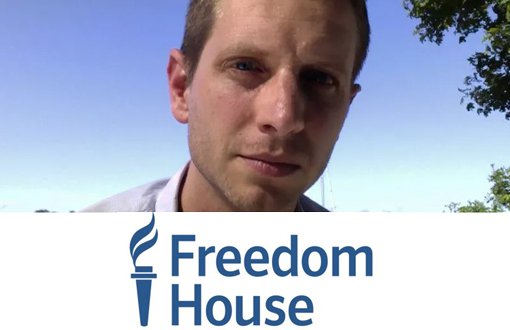
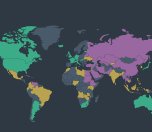
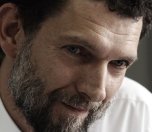


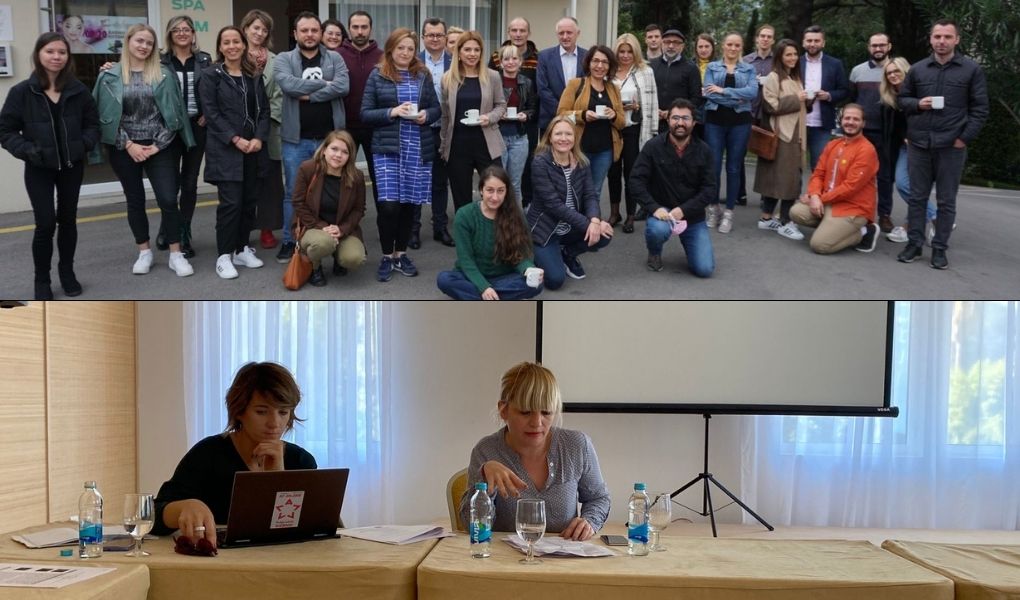
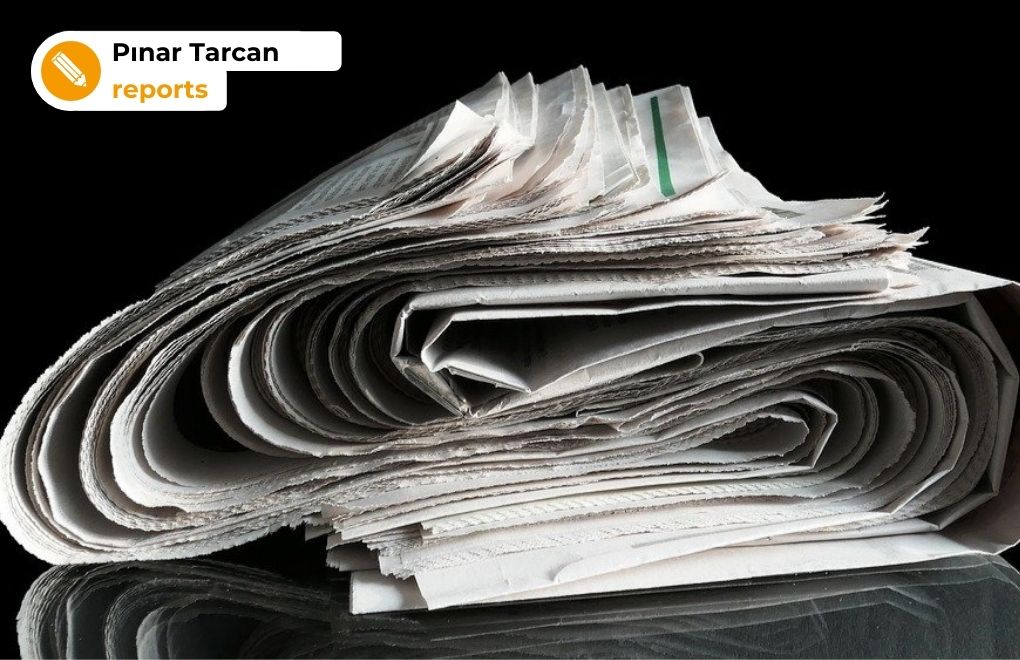
.jpg)